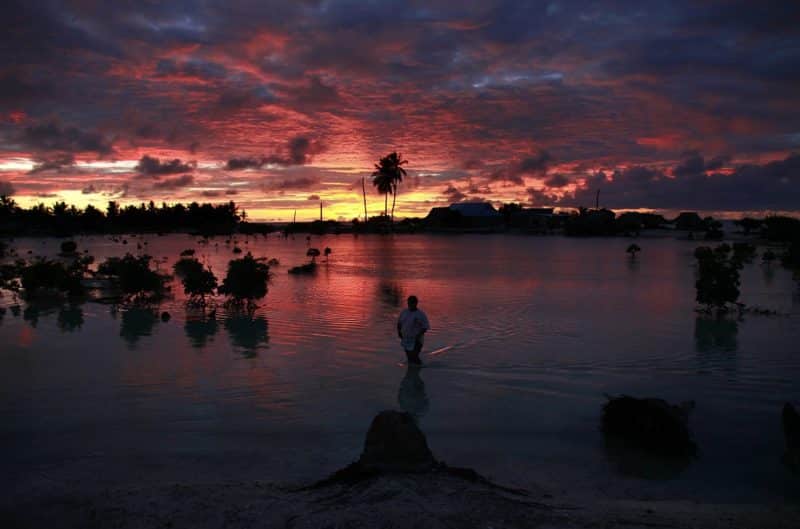Caritas Aotearoa New Zealand called for “tangible action, not promises to pay” as it expressed disappointment and deep concern over the fact that commitments under the Paris Agreement will still see a 2.5°C global temperature rise.
A major accomplishment at the 27th session of the Conference of the Parties (COP27) to the United Nations Framework Convention on Climate Change (UNFCCC) was the establishment of the “loss and damage fund” that will help poor nations mitigate the suffering caused by climate change.
However, Caritas Aotearoa New Zealand director Mena Antonio said while they welcome the establishment of this fund, “this fund needs to deliver for those bearing the brunt of climate change – both in quantity and quality.”
Ms Antonio pointed out that “the ‘1.5 to stay alive’ call from the Pacific has still not been taken on board”.
“There is no timeline for countries to reduce reliance on fossil fuels and fossil fuel subsidies that are causing damage to our common home, and no increased ambition to cut emissions – only a repetition of promises to ‘accelerate efforts’,” she said.
“Unless properly drawn up with input from those who are already suffering loss of land, livelihoods and cultures; this new fund runs the risk of becoming just another climate fund that will be inaccessible to local communities and not meet the urgent needs of those impacted the most.”
Caritas Aotearoa New Zealand contributed to a joint Caritas Oceania/Jubilee Australia report on climate change called Twin Clouds on the Horizon which delved into the subject of climate finance and debt. This report was launched shortly before COP27.
The report called for reform of the global climate finance structures to address barriers to access, including mechanisms to deliver finance directly to local communities.
“Affected local communities need to be empowered to deliver, monitor and evaluate climate-related projects. The needs of the poorest and the most vulnerable – such as women, girls and people with disabilities, need to be prioritised for access,” said Ms Antonio.
Caritas also commended the New Zealand government for its expanded climate finance strategy, and consultation with Pacific Island leaders and civil society for effective delivery through new mechanisms and looks forward to more detail in the New Year.

Reader Interactions